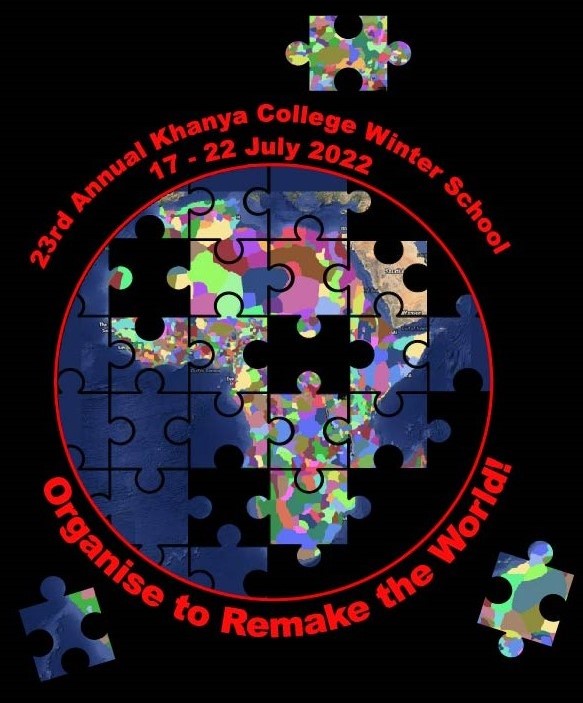From as far as 150 years ago, the working class has been fighting different struggles throughout the world. The struggles may differ but the reactions and responses of the working class are similar, they are all resisting the current system and remaking the world.
History is very versatile, it doesn’t have to depend on anything but the storyteller, it can be documented in any form and never lose its relevance. The documented and the undocumented history of the working class has been passed on from generation to generation and the resistance of the working class has been used as a reference point in different contexts. The working class has been organising, protesting, staging occupations, etc., to remake the world.
We see this working-class resistance in many ways but the most fundamental thing is organising. At the centre of the working class, the most important people have been women and their ability to dedicate their lives and their time in different ways. Women have been at the forefront for years and because they have been undermined it has made them the strongest weapon of the working class. In South Africa, on 9 August 1956, over 20 000 women head a march to Pretoria against the pass laws, these women made history. In 1961, in Cuba, a group of youth, dominantly girls volunteered to teach literacy in different villages. This youth dedicated their time to changing the lives of the villagers they were teaching. Women’s Suffrage Movement was a decade-long fight for women in America to be granted the right to vote. The Paris Commune highlights the story of the working class who occupied Paris for 60 days in 1871 to overthrow the French Government. The protests in Seattle against the World Trade Organisation etc. are all examples of historical moments when the working class came together to remake the world.
While many organisations and social movements have collapsed, especially in South Africa, the working class is not defeated. The different case studies are historical memory that the current Cadres should be using to draw on as they continue the struggle to liberate the working class. These different historical moments show what the working class can achieve if it is organised.
This article was submitted as part of the Imbila Yesu publication produced daily for the duration of the Winter School in 2022 (17-22 July 2022). It appeared in Edition 1, released on 21 July 2022.
You may republish this article, so long as you credit the author and Karibu! Online (www.Karibu.org.za), and do not change the text. Please include a link back to the original article.


 Download PDF
Download PDF